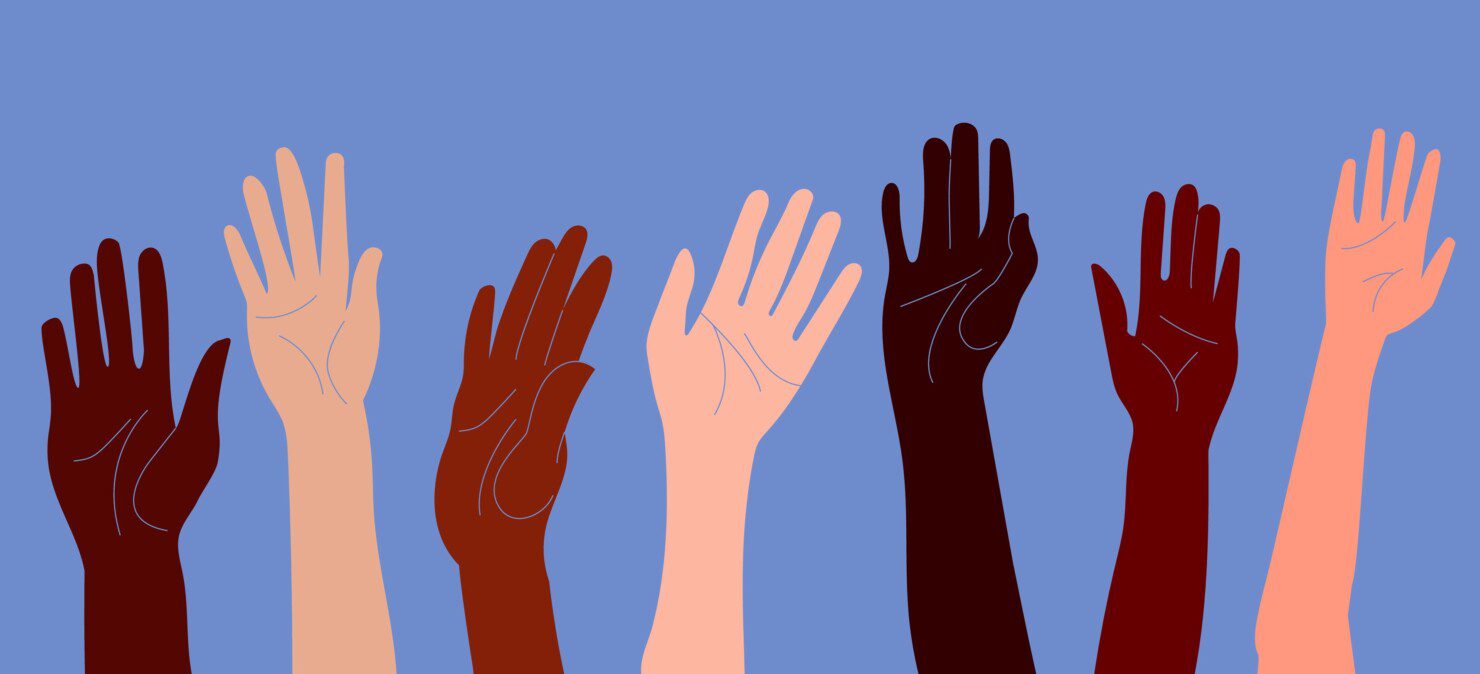
As International Women’s Day is celebrated across the world, it’s an opportunity for us to celebrate the women of Engage Squared and the positive changes that have been made.
Within the technology industry, the current average of female staff is around 28%. We always hire the right person for the right role, regardless of gender, so we are extremely proud that as our company has grown, so too has the contribution of women which has now reached 40%. Women sit within all areas of our business and the dynamic of having a varied workplace is what makes us successful and inspires change.
To celebrate #IWD2021 and its theme #choosetochallenge, we asked senior leaders within our company to nominate a woman at Engage Squared to share their experience of being a female in a tech world and any challenges they have experienced.
Xian Li Low
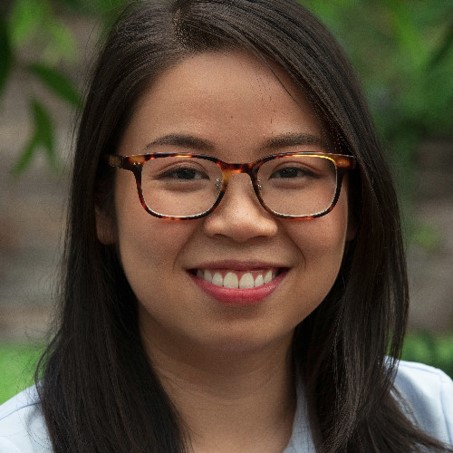
Xian, what is your role at Engage Squared?
My role is to contribute towards the technical development of our SharePoint Framework intranet and Power Platform solutions. I do a lot of debugging, feature implementations and support, styling changes and SharePoint configuring!
Have you ever come up against challenges because of your gender in your industry?
Being a woman in this industry can be hard on your self-esteem, but it is very rewarding. Engage Squared does a wonderful job of being inclusive, although it can still be isolating to be the only female in any given technical team or meeting, so I hope more women see this as a career.
Have you ever been treated favourably because of your gender in your industry?
I think I’m lucky that I don’t personally feel that I have been treated differently specifically because of my gender. Being treated differently to my colleagues, even if favourably, would have made me feel like more of an outsider than I already do, so I feel that neutrality is a good, sweet spot for me.
How can we counteract the negative stereotypes of feminism in the tech industry?
As obvious as this is, just keep increasing the number of women in the tech industry. The more representation there is and the more the status quo changes, the more meaningful conversations and interactions we can have to change the view of the role of women in tech.
How do you think men can help to achieve equality?
To stand up for women even when no woman is around.
To celebrate #choosetochallenge who inspires you for challenging something?
Greta Thunberg for challenging political leaders at least triple her age to tackle and take responsibility for climate change.
And finally, what does IWD mean to you?
IWD reminds me that there is still a long way to go to achieve equality.
Claudia Piscitelli
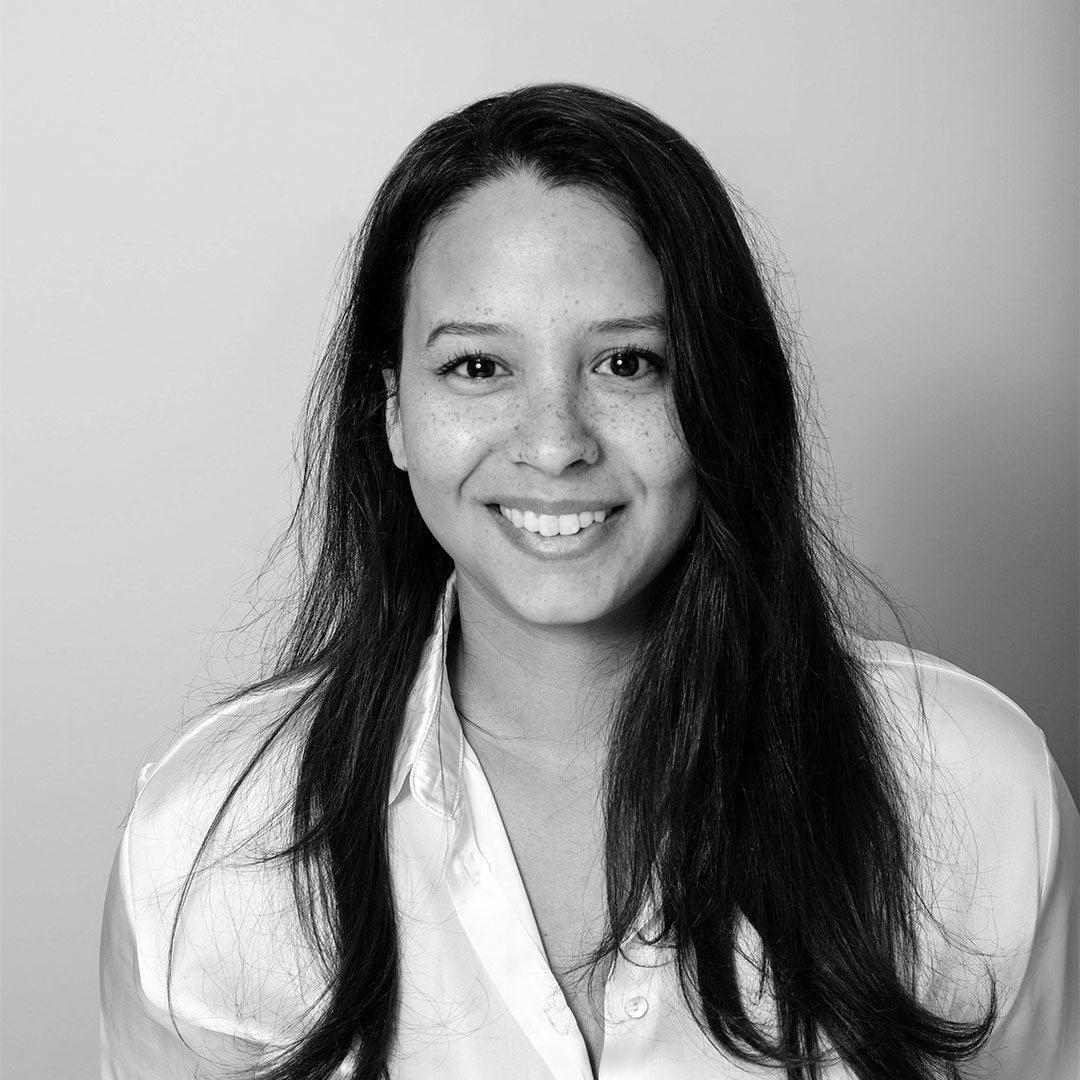
Claudia, what is your role at Engage Squared?
My role gives me a chance to get involved in lots of different things — no two days are the same! I work closely with my fantastic ACM team on projects that help our clients better use (or introduce) M365 technology. I support business development and presales activities and work in partnership with Steph on improving our marketing and presence in the market. A big part of my role is building up our change and adoption practice, innovating and differentiating our offerings from our competitors, building our bank of intellectual property and improving the quality and consistency of our services.
Have you ever come up against challenges because of your gender in your industry?
I have been very fortunate that I have had some fantastic mentors in my career — most of them women! My career started in the not-for-profit health and government sector, which is a traditionally female-dominated industry, so I didn’t feel like there were challenges in the early days. Many of the leaders I have worked for – both male and female – have supported my ambitions and opened new paths for me based on my interests. Now, being in the male-dominated tech industry, it’s an interesting dynamic. I think there’s work to be done for women to break the glass ceiling and be in more executive roles.
Have you ever been treated favourably because of your gender in your industry?
I think I have! There have been times where I’ve been asked to participate in speaking events purely because I’m a woman and there’s been an appetite to make a discussion or event more diverse. More so because of my personality rather than gender, I think people do tend to treat me differently to men. For the most part, I’ve been incredibly fortunate that I’ve rarely felt my gender has given me an unfair advantage or disadvantage.
How can we counteract the negative stereotypes of feminism in the tech industry?
Looking at my own experience, I’m 31, a mum of two kids. I had my first daughter at 23, my second at 25, and I’m very career-driven. My story flies in the face of so many stereotypes and, especially in the early days, people would question my actions and my motives because it didn’t fit with their mental image of what a woman is. My parents never made me feel like my gender was a disadvantage, and the mentors in my professional life supported me, so I always believed that I could make my experiences my own, pursue what I wanted to pursue, regardless of the naysayers. People would say things like, “Shouldn’t you be home with the kids?” “You’re too young to be a mum!” “It must be so hard on the kids being in childcare”. All of these slights speak to the fact that stereotypes are very much alive. I think my husband and I are very much a ‘modern’ couple; he’s so involved in our kids’ lives, and we really do view each other as equal. This balance has helped me through the times where I’ve questioned whether I’m doing the right thing.
In terms of what I think the best way to counteract stereotypes is – I think women need to speak up! Women need to own their place and take their seat at the table with confidence, knowing that we are all the same, regardless of gender. We’re all just people, trying to do our best work. Gender is a label. We need to shift our mindset and act with confidence so we can start to shift stereotypes of what a woman can and can’t do
How do you think men can help to achieve equality?
By not assuming certain activities are for a ‘man’ or a ‘woman’. Personally, I am so fortunate to have a husband who treats me as an equal. We don’t talk about gender, we talk about being a team, which I think we all should do (personally and professionally). Men help by looking at the value a woman brings and supporting her to achieve her goals. By bucking the trend, even if it’s slightly uncomfortable to do so at first. Men (and women) need to put the gender label aside and measure people based on their work ethic and the value they bring.
To celebrate #choosetochallenge who inspires you for challenging something?
There are so many! In my early 20s, Sheryl Sandberg (COO at Facebook) was so incredibly inspiring to me. Her book ‘Lean In’ was instrumental in helping me feel confident in pursuing my career ambitions and not feeling like I had to be the stereotypical version of a mum – which for the record, I have no issue with! The words in her book challenged me to push myself while my girls were so young. I was writing a thesis while heavily pregnant with my second child, and I kept up part-time work when my kids were young because that’s what stimulated and excited me. Much of that I attribute to the wisdom of women like Sheryl, and Beyoncé and Oprah!
And finally, what does IWD mean to you?
I can’t help but think of the beautiful song by Helen Reddy, “I Am Woman”. For me, IWD means celebrating the fabulous and strong women in my life — my mother, my grandmother, my sisters, my friends. It’s about being grateful for how these women have supported me and shaped me to be the person I am today – far from perfect but willing to work hard for what I believe in.
Mariela Schultz
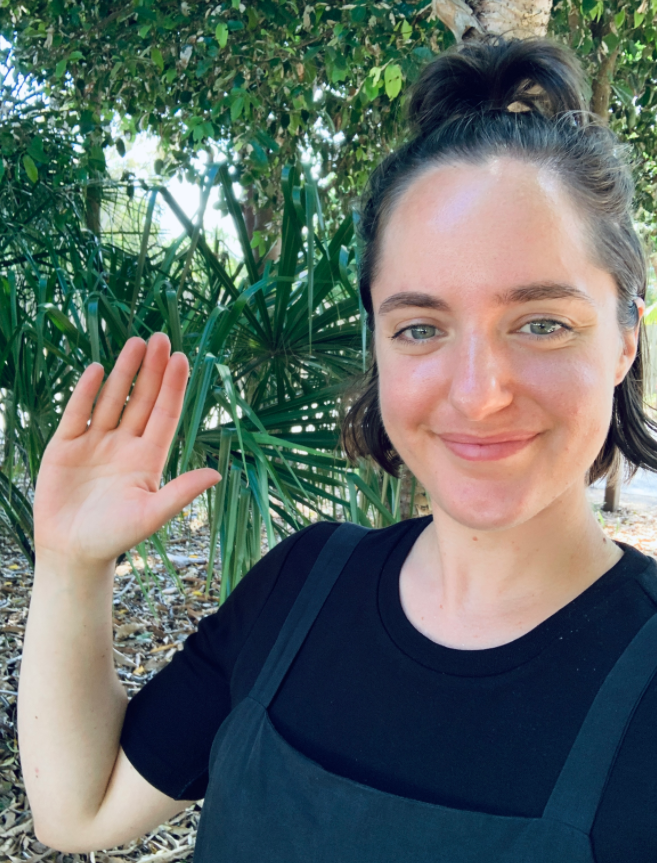
Marz, what is your role at Engage Squared?
My role mainly encompasses UI and UX design, working alongside my team to develop digital layouts for M365 solutions based on user needs. This involves conducting user research, developing designs and prototypes, conducting usability testing, analysing results, and implementing feedback. I’ve created adoption campaigns alongside our Change and Adoption team to help engage people with M365 solutions.
Have you ever come up against challenges because of your gender in your industry?
I think there are nuanced but very real implications of growing up identifying as female that can impact how you show up in the world and at work. From my experience, traits such as humility and ‘being nice’ were encouraged from an early age, so expressing your opinion confidently, celebrating your achievements or objectively explaining your worth don’t come naturally. In contrast, male counterparts in the industry don’t seem to struggle with this as much. There seems to be more pressure to get it right the first time and prove yourself through the work you do, which can exacerbate perfectionism and hinder your ability to take risks. All of these things hinder your ability to progress at the same rate.
Have you ever been treated favourably because of your gender in your industry?
When I first started out, I fit the norm of a female working in more conceptual design. Perhaps, because of this, I didn’t feel much resistance. However, I think the design industry has seen a push in encouraging people to progress and move into areas that might have historically been associated with certain gender roles. I’m very fortunate to work for a company that supports my growth and development into more technical aspects of design.
How can we counteract the negative stereotypes of feminism in the tech industry?
I think this could be as simple as having open conversations in person with women about their experiences, listening to them and making a real effort to see things from their point of view — understanding why feminism needs to exist in the first place. The idea of feminism as negative in the tech industry reflects the pervasiveness of this idea in greater society. Understanding that the playing field is not even from the beginning and that certain groups, not just females, need more encouragement and representation until parity is reached is something that society needs to come to terms with.
How do you think men can help to achieve equality?
Empathy and active listening go a long way. Our lived experience is different, but the differences can be nuanced. Instead of dismissing these experiences, it’s great when someone will go to the effort of trying to understand where you’re coming from and put themselves in your shoes. Understanding each other seems to be the key to addressing the issue of gender equality. Everyone has a part to play in this regard, and when it comes to being aware of our unconscious biases and how they impact our interactions with one another.
To celebrate #choosetochallenge who inspires you for challenging something?
Gabby Lord is an Australian designer and art director who has used her voice to promote under-represented groups in all areas of the design industry and shine a light on inequality. One of her projects that springs to mind is ‘Broads Down Under’. She created an online directory of Australian women in design to help celebrate, promote and signpost women and non-binary people who contribute to the creative industry, with the hope of seeing them represented more in senior roles and across the board.
And finally, what does IWD mean to you?
Helping to raise awareness of gender inequality across the world and promoting equality.
Ruby Bailey
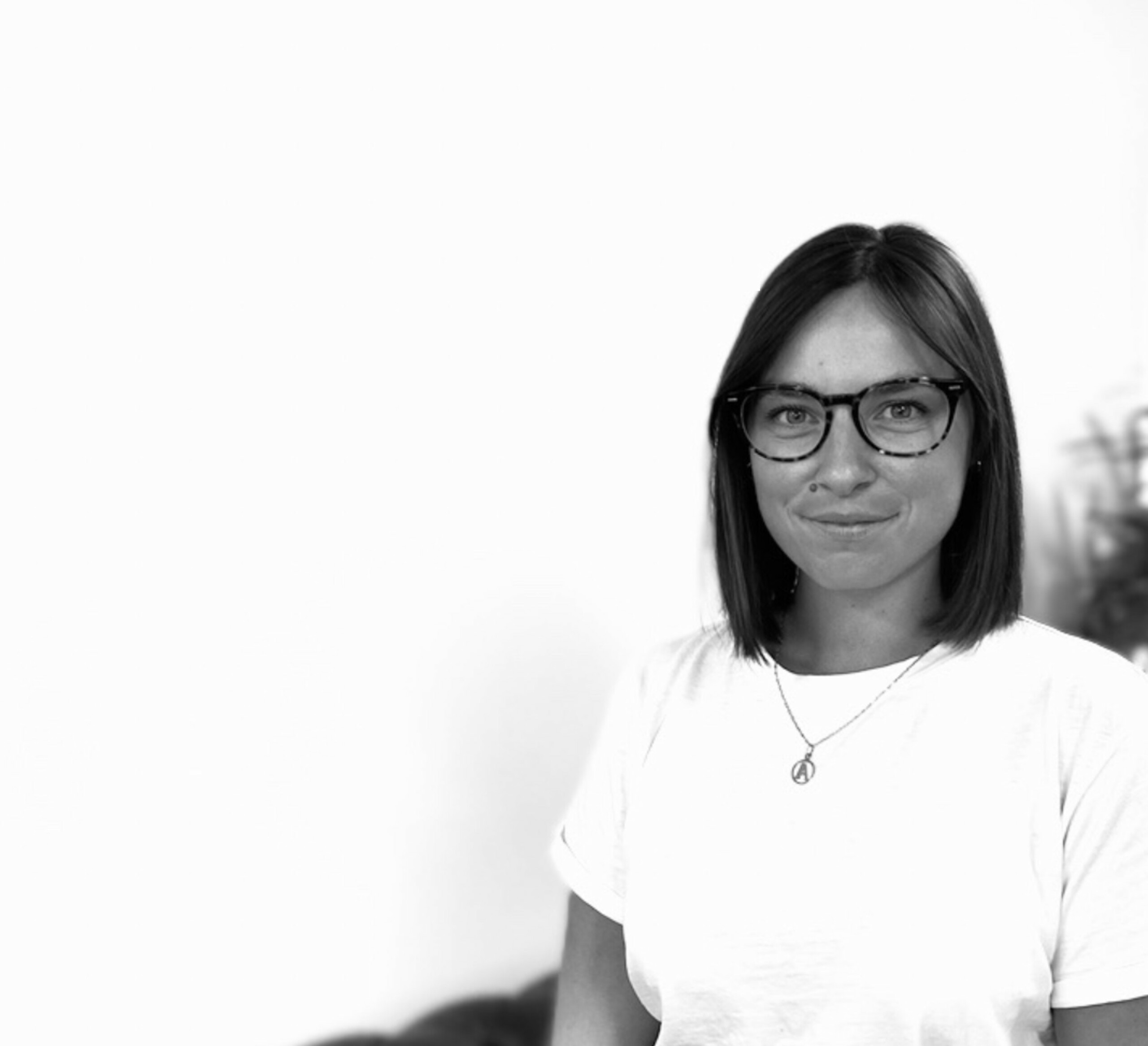
Ruby, what is your role at Engage Squared?
I manage a portfolio of projects for a range of clients in; banking, government, utilities, insurance and construction. Projects can be in excess of $2M and I can be managing up to 12 at a time. I manage large and complex teams every day, ensuring that they have what they need to provide the best results for our clients. I’m also a client engagement manager, managing and building upon current client relationships to ensure long term growth in the accounts and a solid partnership with our clients.
Have you ever come up against challenges because of your gender in your industry?
I have been very lucky to work for 2 consultancies who have both been able to shine a light on me and give me the platform I needed to grow and succeed at my job.
Have you ever been treated favourably because of your gender in your industry?
I don’t think I have been treated favourably because of my gender, although maybe I have been taken out for the additional lunchtime meeting more than my male counterparts.
How can we counteract the negative stereotypes of feminism in the tech industry?
Education. Educating and bringing everybody on the journey to learn what feminism is and what it stands for. The definition of feminism is the advocacy of women’s rights on the ground of the equality of the sexes’. I think if everybody knew that feminism simply calls for equality between men and women, there wouldn’t be any negative stereotypes.
How do you think men can help to achieve equality?
Get involved. If men get involved in women’s initiatives, back their ideas in the boardroom, invest in their business ventures, then they set an example to other men that women are to be taken seriously and deserve to be heard.
To celebrate #choosetochallenge who inspires you for challenging something?
My Mum – after her stroke she challenged her body, her mind and any seeds of doubt that had been sown by our society, which constantly underestimates the strength of a woman.
And finally, what does IWD mean to you?
This day gives me, and all of us, an opportunity to learn about the challenges women still face. It gives us time to reflect on the incredible contribution women have made politically, culturally, socially, and economically. It hopefully acts a catalyst for change, and for better choices globally.
Georgie Yeandle
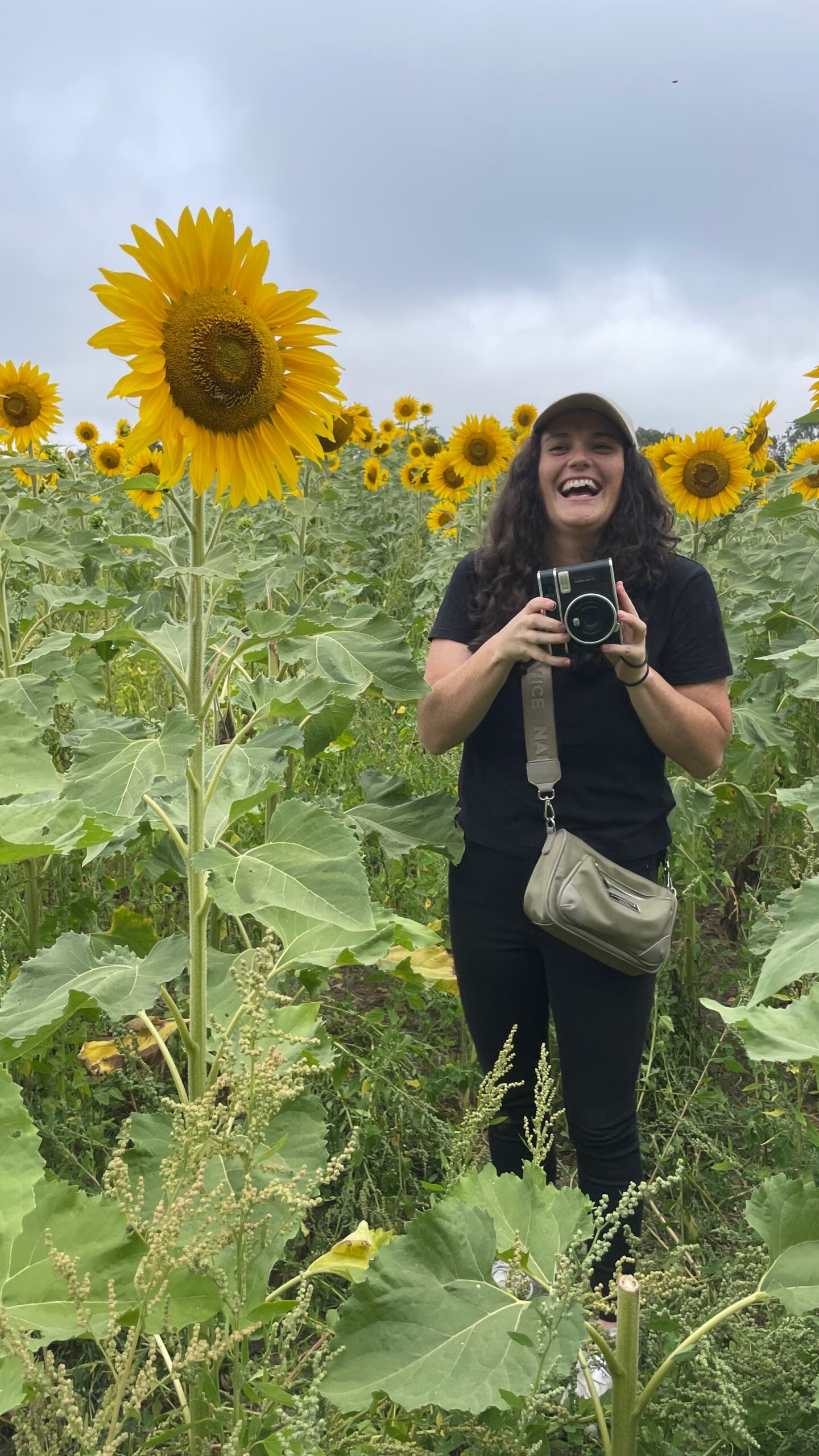
Georgie, what is your role at Engage Squared?
Within my role, I wear many different hats across Human Resources and have a strong focus on supporting and building our team. I consider myself to be very lucky as my role allows me to develop strong connections with some amazing people and to help foster a culture where we are proud to work.
Have you ever come up against challenges because of your gender in your industry?
From my experience, I have been very fortunate to have worked in environments that have been very supportive regardless of gender. A part of my role that I really love is the opportunity to speak with our team on how we can help encourage more proactive conversations about the challenges we may face and help champion those changes.
Have you ever been treated favourably because of your gender in your industry?
I don’t think I have; I have always been really appreciative that I have worked with managers and teams that had a strong focus on inclusivity.
How can we counteract the negative stereotypes of feminism in the tech industry?
It is important to have a culture that actively promotes inclusivity and provides forums where our team feel safe to share our ideas, suggestions and have open discussions. To support change, we need to continue to talk about the issues we face as females in the tech industry and a big part of that is building an environment where we feel comfortable to talk openly without the fear of judgement.
How do you think men can help to achieve equality?
Personally, I think it is really important that the conversation around equality is something that happens consistently and not only when promoted from events and targets. I think that men can help by continuing to not only be present for the conversations, but to also work alongside women as a team to improve processes and actions that work towards achieving the goal of equality and permanent change.
To celebrate #choosetochallenge who inspires you for challenging something?
Growing up, I was surrounded by strong females that had really inspiring achievements within their industry, including my Mum and Aunty who were the first females formally recognised in their respective fields in New Zealand. Although I may have not have appreciated the impact they had when I was younger, it is definitely something that I am grateful to have experienced and use their inspiration to continue to drive and support change.
And finally, what does IWD mean to you?
IWD is a great day to celebrate the success of the women in our life by taking a moment to stop and appreciate what we have achieved and to amplify the changes to come.